Showing 1-15 of 112 results

Health Lab Podcast
A survey focused on how much people in their teens and early 20s know about periods and their experience and attitudes around “period poverty”.
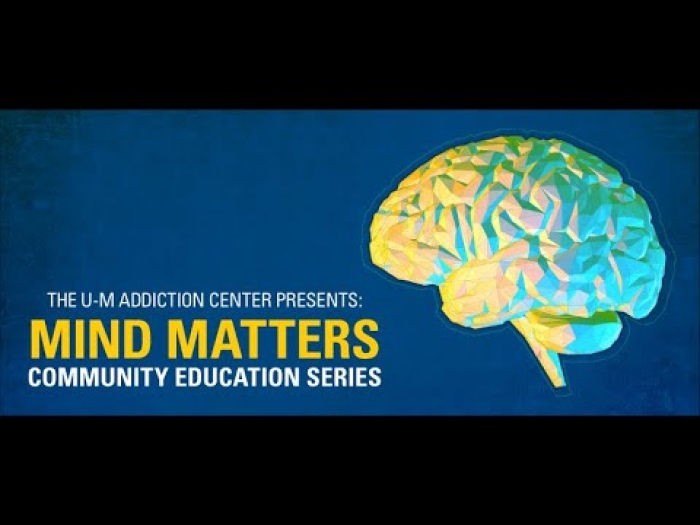
Health Lab
An expert from the University of Michigan Addiction Center shares the impacts of teen substance use and what families can do to help youth who may be at risk or showing signs of addiction.

Health Lab
Survey shows many teens and young adults support making menstrual products more accessible to fight "period poverty."

Health Lab
The FDA approved the use of a therapeutic device invented and developed at the University of Michigan for use in children with acute kidney injury and sepsis or a septic condition requiring continuous kidney replacement therapy.
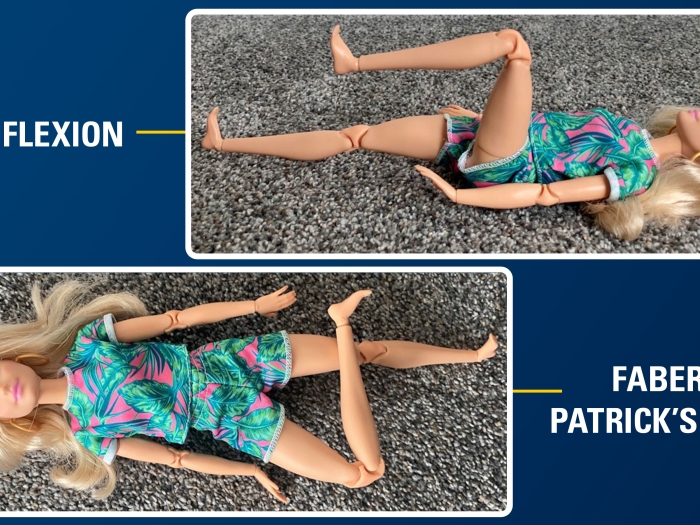
Health Lab
At the University of Michigan Health C.S. Mott Children's Hospital, one physician found a way to help pediatric patients demonstrate different joint movements using a Barbie doll.

Health Lab
Many women don’t get cervical cancer screening such as Pap tests, or don’t go for follow up diagnostic tests; a new study shows what could happen if all of them did.
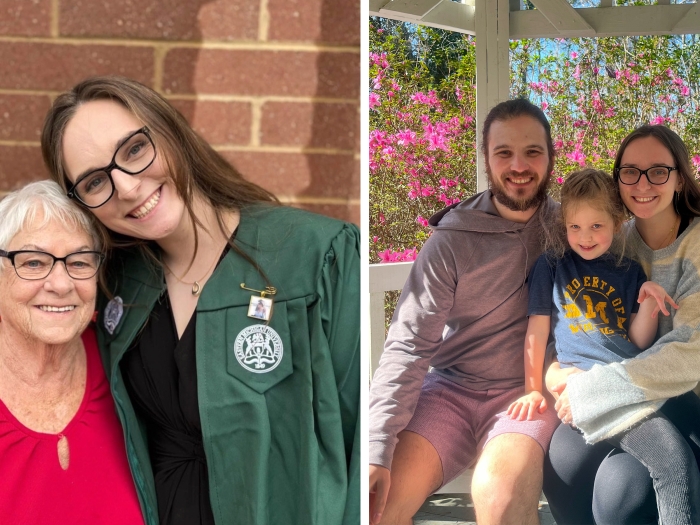
Health Lab
Patients can now enroll in a clinical trial to test a groundbreaking nonsurgical treatment for cervical lesions that affect nearly 300,000 women in the United States every year.
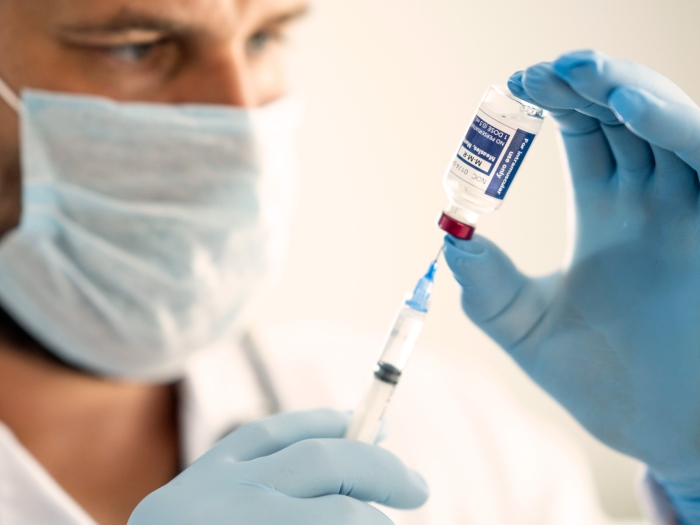
Health Lab
Measles: 10 things to know about immunization and prevention

Health Lab
Sudden cardiac arrest in young athletes: 5 things parents should know

Health Lab
2 in 3 parents in national poll say their child ages 5-12 use personal audio devices; pediatrician offers 4 tips to reduce noise exposure risks

News Release
Lung disease specialist comes to Michigan from Vanderbilt University School of Medicine to lead largest department
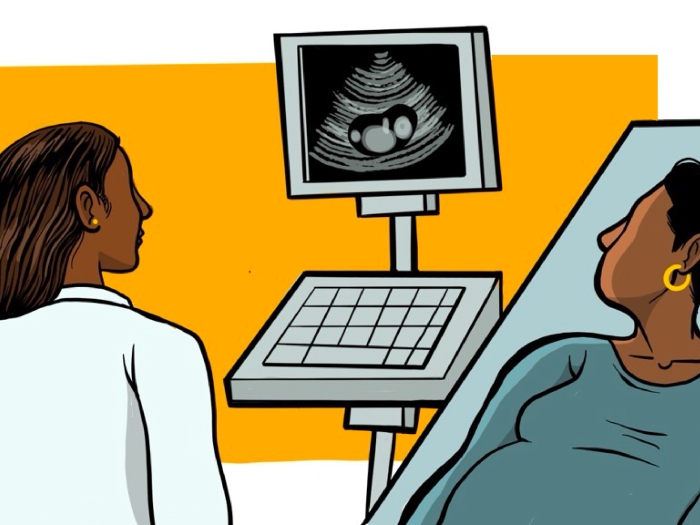
Health Lab
Multi-specialty team is studying a non-invasive method to measure underlying cervical tissue changes that precede birth with the hopes of predicting timing of birth.
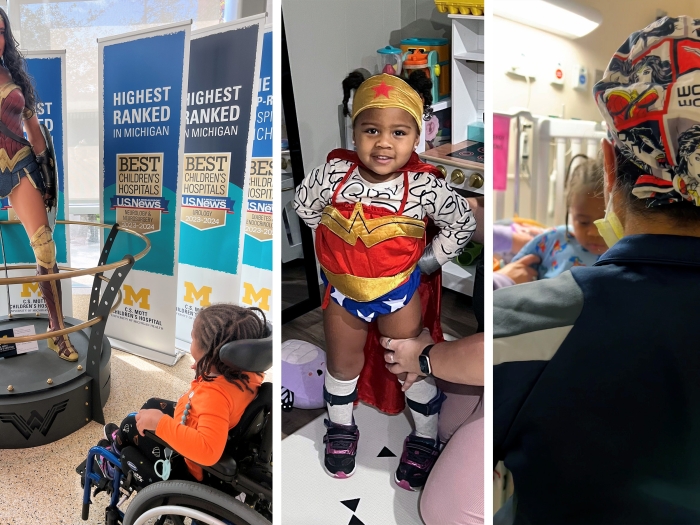
Health Lab
Three year old Wonder Woman fan thrives after customized minimally invasive selective dorsal rhizotomy to help symptoms of cerebral palsy and spastic diplegia

Health Lab
Elective surgery study shows older adults have concerns about what it will cost them, how much work they’ll miss and whether they’ll catch COVID-19.